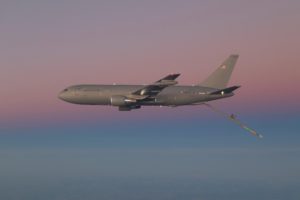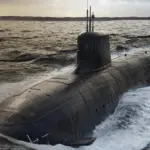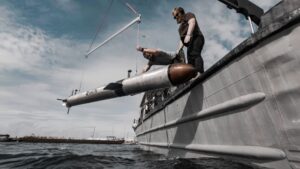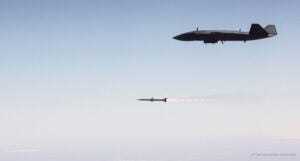
Boeing [BA] delivered the first two KC-46A Pegasus aerial refueling aircraft dedicated to training purposes this past weekend to Altus Air Force Base, Oklahoma, with two more due in the coming weeks. The first KC-46 arrived at Altus Friday evening, according to the company. The second aircraft was delivered Saturday morning. Both aircraft will become part of the 97th Air Mobility Wing based at Altus. Boeing has delivered six KC-46 aircraft to date, with the initial four sent to McConnell…

 By
By 








